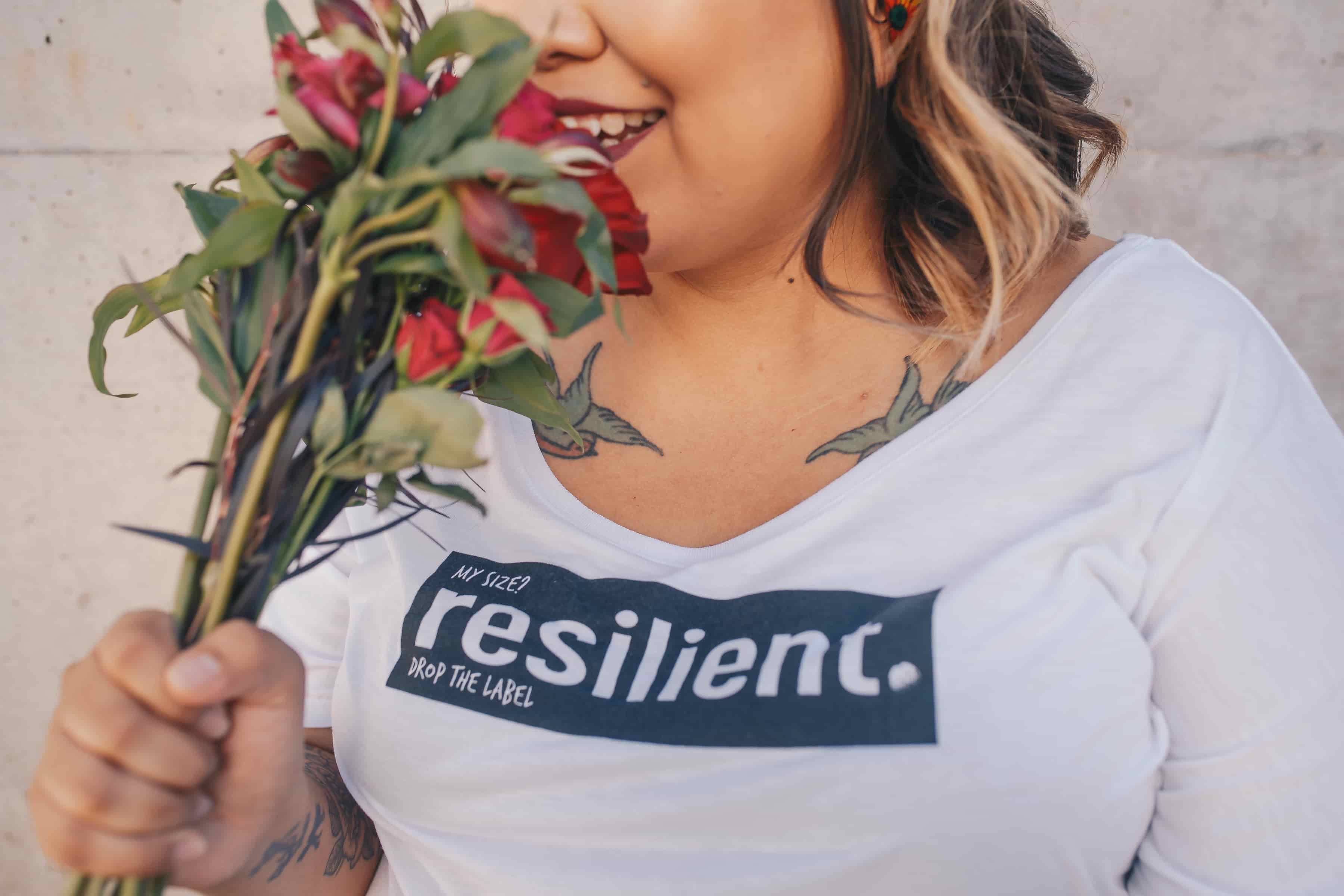How To Help Teens Cope With Body Image Issues
updated on May 13, 2019

Over 60% of girls in the UK have low self-esteem, with only 39% of girls having high body confidence. Clinical Director for Mental Health at Bupa, Pablo Vandenabeele, shares his thoughts on how parents can help teens cope with body image issues
We all experience low self-confidence and low self-esteem from time to time, however, research reveals over 60% of 10 to 17-year-old girls in the UK have low self-confidence. According to the Dove Global Girls Beauty and Confidence Report, 61% of girls and young women experience poor body image, leading to other potential health risks and less assertive attitudes.
Based on over 5,000 interviews with girls aged 10 to 17 across 14 countries, results revealed more than half of those with low body esteem struggled to be assertive. Of UK respondents who reported being dissatisfied with their body image, nine out of 10 told researchers they had avoided seeing friends or family, not tried out for a team or club, stopped themselves from eating or otherwise put their health at risk.
Globally, just 46% of girls and young women have high body esteem. Of the 14 countries included within Dove’s research, UK girls ranked at 11th for body self-esteem, with only 39% saying they feel they have high body esteem.
While low self-esteem itself isn’t a mental health problem, according to the NHS it can negatively affect our mental health and lives. The better we feel about ourselves and life, the more ready we may feel to handle life’s ups and downs.

What is body image?
When we talk about body image, we’re generally referring to how someone sees their own body. This can mean not only what they see when looking in a mirror, but can also include assumptions, memories, or generalisations about how their body looks or is perceived by others.
Our body image is often shaped by what we see as popular or ‘normal’ in the media, be that through social media, TV, films, or adverts. Developing a negative body image can cause distress or lead to unhealthy behaviour, affecting how we interact with loved ones and strangers as well as how we feel about different areas of our lives.
Someone with a negative body image may feel unable to do certain things, like going swimming or wearing shorts. They may feel like they need to do certain activities, such as exercising excessively or dieting, to try and improve the area(s) that they are unhappy with. Our body image and how we perceive ourselves can affect not only our actions, but our overall feelings of happiness, wellness and wellbeing.
While having a negative body image isn’t necessarily linked with poor mental health, it can be linked to eating disorders, body integrity identity disorder, and body dysmorphic disorder (BDD).
How can we help teens improve or cope with body image issues?
We asked Clinical Director for Mental Health at Bupa UK, Pablo Vandenabeele, to share his advice and guidance on how parents can help teens with body image issues.
What advice would you give parents on helping teens cope with their body image?
Young people today are increasingly under pressure. Factors such as stress at school, body-image issues, bullying online and offline, stressful relationships and around-the-clock social media can have a significant impact on their mental health. It’s important for parents to be vigilant and seek the guidance and support of professionals if necessary.
It’s thought that one in 10 children experience mental ill health in some form. Starting a positive conversation with children around body image and physical appearance as well as their wider mental health and wellbeing can help parents to understand any emerging issues.
There’s no ‘one size fits all’ approach to talking to your child about mental health but simply asking your child how they are, rather than telling them that you’re worried about them, is likely to start you off on the right foot.
Should we be talking about body image with children and teens from a younger age?
The earlier we start promoting body positivity and resilience in children as part of a wider conversation about mental health, the better. Body image issues aren’t new, however, with the increase in technology and prominence of social media, children may be led to ‘compare and despair’, viewing themselves unfavourably to the online personas of peers and celebrities.
Recent research by Bupa showed that one in three parents find it hard to talk to their children about mental health – and many find it hard to distinguish between mental ill health and teenage mood swings.
But if we can start conversations at an early age, we can help children see that the images online and in the media are often far from reality, to help lessen the impact on their self-esteem.
There are lots of ways that parents can help to boost mental resilience in their children, to help them cope with pressures during their teenage years. Simple things such as encouraging children to do regular exercise, eat healthily, get enough sleep and write down how they’re feeling when they struggle to articulate it, can all help.
Should parents of teenage boys approach the conversation in any different ways?
Mental health issues can affect any of us regardless of age or gender, so parents should try to encourage good self-esteem and body confidence in boys and girls equally.
For a child or teenager struggling with poor mental health, early diagnosis is key to aiding recovery. Coming forward with a mental health concern can help children to receive the support they need, so parents concerned about their child’s body image perceptions should try to start a dialogue.
Each child is different and there isn’t a one-size-fits-all solution to any mental health concerns they may have. Ask them questions and listen to their responses without judgement to help determine what help they may need.
What can parents do to encourage teens to seek help with body image issues if they are reluctant, unwilling or unable to talk to them?
Talking about mental health can be difficult for parents. We’ve developed a guide on children’s mental health, which provides tips and guidance to help you start an important conversation about mental health with your children. If your child is struggling to put how they’re feeling into words, encourage them to write things down.
There are also charities set up to help young people with their mental health and body image issues. Young Minds is an excellent source of advice for children and parents.
For more information on how you can help teens build their self-esteem or to find a professional counsellor or therapist specialising in body image and self-esteem, visit Counseling Directory or use the search box below.
To discover more ways you can help your child build their body confidence, check out Dove’s Uniquely Me or check out Bupa's guide for parents helping children with their mental health.

